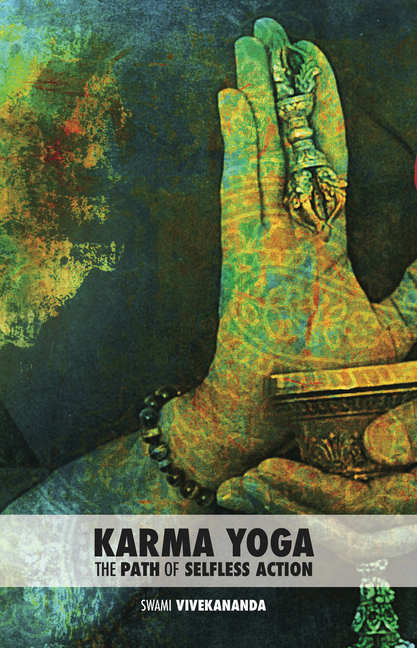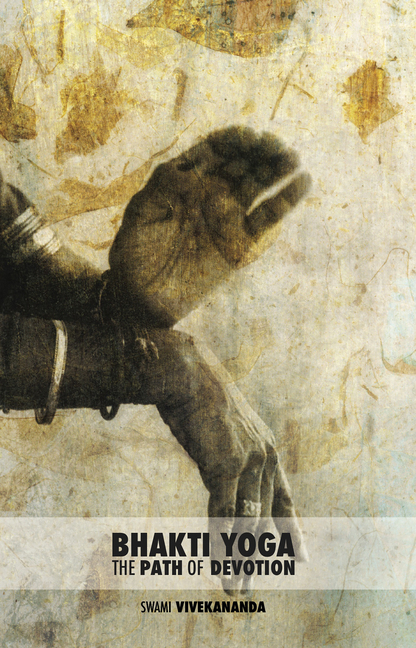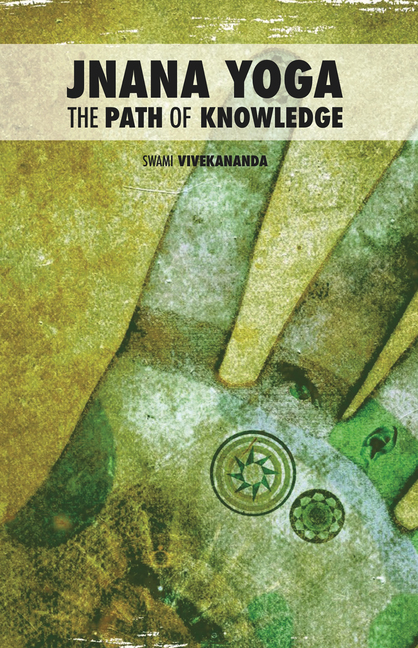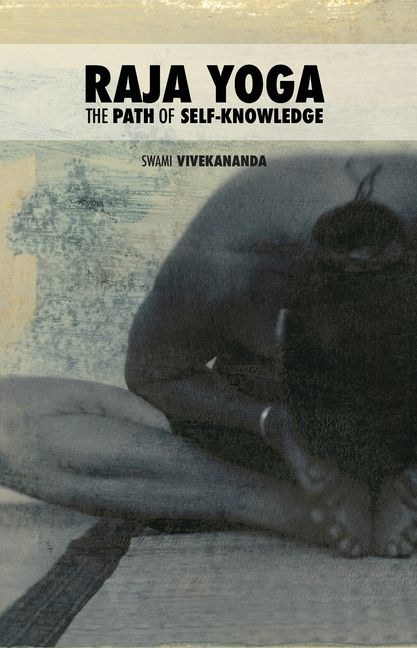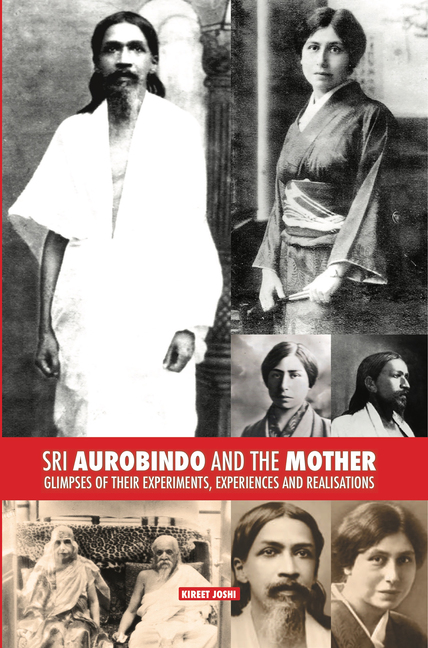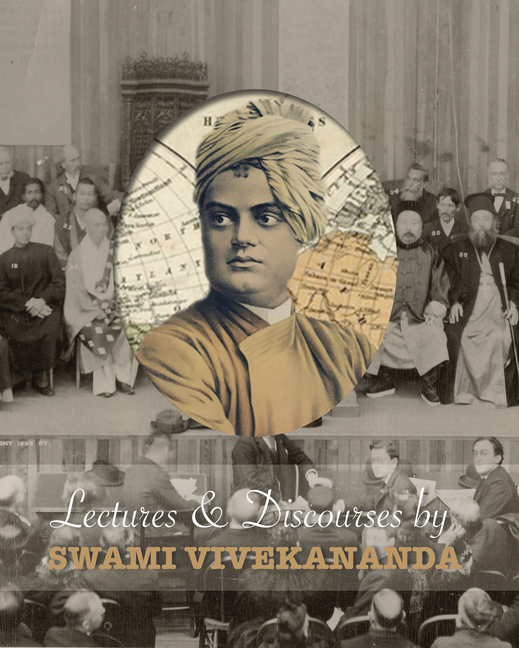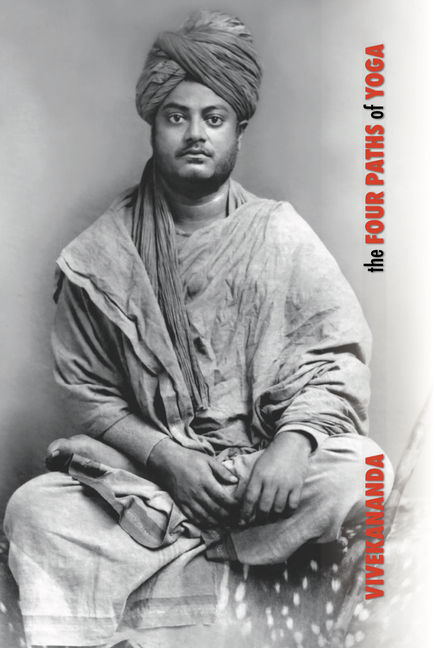02 Sep The Four Paths of Yoga
In the volumes of the works of the Swami Vivekananda we have what is not only a gospel to the world at large, but also to its own children, the Charter of the Hindu Faith. What Hinduism needed, amidst the general disintegration of the modern era, was a rock where she could lie at anchor, an authoritative utterance in which she might recognise her self. And this was given to her, in these words and writings of the Swami Vivekananda. For the first time in history, as has been said elsewhere, Hinduism itself forms here the subject of generalisation of a Hindu mind of the highest order. For ages to come the Hindu man who would verify, the Hindu mother who would teach her children, what was the faith of their ancestors will turn to the pages of these books for assurance and light. Long after the English language has disappeared from India, the gift that has here been made, through that language, to the world, will remain and bear its fruit in East and West alike. What Hinduism had needed, was the organising and consolidating of its own idea. What the world had needed was a faith that had no fear of truth. Both these are found here. Nor could any greater proof have been given of the eternal vigour of the Sanâtana Dharma, of the fact that India is as great in the present as ever in the past, than this rise of the individual who, at the critical moment, gathers up and voices the communal consciousness.” — Sister Nivedita
Karma Yoga, or the path of selfless action, seeks to face the problem of ignorance by eradicating the ego. Swami Vivekananda argues that it is the ego, born of ignorance, that binds us to this world through attachment. The ego creates a dreamland of separative existence that disclaims the rights of others. It wants to achieve the impossible, and it desires the undesirable. Swami Vivekananda says that our egotistic, selfish actions have created walls around us. These walls not only set us apart from others, but they divide us from our true Self within. By performing actions in a selfless manner, we can break down the walls that separate us from the Self. The key message of karma-yoga is: “Beat the inexorable law of karma by karma-yoga. Release yourself from the chains of attachment by practicing non-attachment to the results of action.”
Bhakti Yoga, or the path of devotion, is based on the doctrine “Love is God and God is Love”. The Bhakti Yogi experiences separation and longs to meet or even just glimpse his beloved. Nothing else attracts him, nothing else holds his attention, all else is meaningless. Swami Vivekananda argues that Bhakti Yoga is the most direct and shortest way to experience the divine. There is nothing higher than love and Bhakti Yoga is the religion of love. Bhakti Yoga appeals particularly to those of an emotional nature. The Bhakti Yogi is motivated chiefly by the power of love and sees God as the embodiment of love. Through prayer, worship and ritual he surrenders himself to God, channelling and transmuting his emotions into unconditional love or devotion. Chanting or singing the praises of God form a substantial part of Bhakti Yoga.
Jnana Yoga is the yoga of knowledge—not knowledge in the intellectual sense—but the knowledge of Brahman and Atman and the realization of their unity. Where the devotee of God follows the promptings of the heart, the jnani uses the powers of the mind to discriminate between the real and the unreal, the permanent and the transitory. Jnanis, followers of nondualistic or advaita Vedanta, can also be called monists for they affirm the sole reality of Brahman. Of course, all followers of Vedanta are monists: all Vedantins affirm the sole reality of Brahman. The distinction here is in spiritual practice: while all Vedantins are philosophically monistic, in practice those who are devotees of God prefer to think of God as distinct from themselves in order to enjoy the sweetness of a relationship. Jnanis, by contrast, know that all duality is ignorance. There is no need to look outside ourselves for divinity: we ourselves already are divine. What is it that prevents us from knowing our real nature and the nature of the world around us? The veil of maya. Jnana yoga is the process of directly rending that veil, tearing it through a two-pronged approach.
For thousands of years extraordinary phenomena have been studied, investigated, and generalised; the whole ground of the religious faculties of man has been analysed, and the practical result is the science of Raja Yoga. Raja Yoga does not, after the unpardonable manner of some modern scientists, deny the existence of facts which are difficult to explain. On the other hand, it gently yet in no uncertain terms tells the superstitious that miracles, and answers to prayers, and powers of faith, though true as facts, are not rendered comprehensible through the superstitious explanation of attributing them to the agency of a being, or beings, above the clouds. Raja Yoga declares that each man is only a conduit for the infinite ocean of knowledge and power that lies behind mankind. It teaches that desires and wants are in man, that the power of supply is also in man; and that wherever and whenever a desire, a want, a prayer has been fulfilled, it was out of this infinite magazine that the supply came, and not from any supernatural being.
Karma Yoga
Swami Vivekananda describes Karma Yoga as a mental discipline that allows a person to carr...
Bhakti Yoga
Bhakti yoga is a spiritual path described in Hindu philosophy as efficacious for fostering...
Jnana Yoga
Jnana Yoga is the path of knowledge, wisdom, introspection and contemplation. It involves ...
Raja Yoga
The goal of Raja Yoga is how to concentrate and discover the innermost recesses the mind a...
Sri Aurobindo and the Mother
An account of the inner heart and core of the task that Sri Aurobindo and The Mother place...
Tales and Legends of India
Tales and Legends of India aims to provide the modern reader with a glimpse of the fascina...
Lectures and Discourses
Over 300 lectures, discourses, conversation and dialogues, interviews as well as lecture n...
Letters From Vivekananda
In this monumental volume, not only can one follow Vivekananda around the world, from Indi...
The Four Paths of Yoga
Vivekananda’s guide to the Spiritual Paths and practitioner’s guide to the four spirit...
The Complete Works of Vivekananda
In the volumes of the works of Vivekananda we have what is not only a gospel to the world ...




